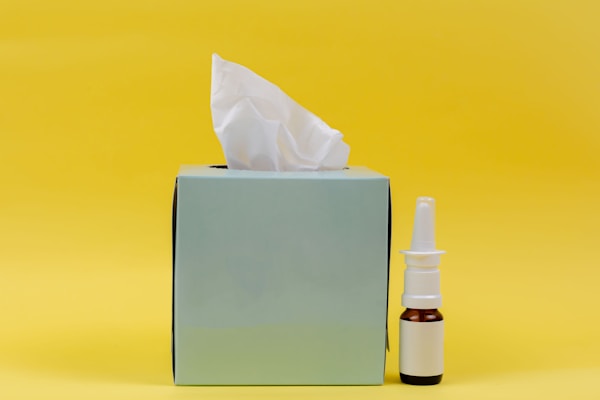If you live in Texas, you know that allergies can be a serious problem. Allergy sufferers can tell you exactly how frustrating it can be. Not only are allergies uncomfortable, but they can also interfere with your daily life. This is partially due to the fact that the climate in Texas is perfect for allergens like pollen. The warm, dry air helps allergens to spread easily, and the high pollen count can make it difficult for allergy sufferers to breathe. In addition, the long summers mean that allergy season can last for months. The good news is that there are allergy treatments that can make a big difference in your quality of life. If you want to learn more, read on to find out about the most common allergies in Texas and how to treat them.
What are the most common allergies in Texas and how do you treat them?

No matter what allergies you’re suffering from, the best thing you can do is talk to a professional that can provide allergy treatment in Houston, Texas, and the surrounding area. While there is a wide range of allergies that a person can have, the reality is that proper treatment of your allergy symptoms is essential. The most common types of allergy treatments are allergy drops, allergy shots, and procedures that involve immunotherapy. Which treatment option is best for you will depend on your budget, your insurance, and how quickly you need relief. An allergist can walk you through your choices and make a recommendation based on your individual needs.
Texas is a big state with a lot of different environments, so it’s no surprise that there are a lot of different allergies here. The most common allergies in Texas are to pollen, pets, and mold. Pollen is everywhere in Texas, and the high concentration of ragweed makes it one of the worst states for allergies. The spring and summer are the worst times of year for pollen allergies, but they can last all year long in some parts of the state.
Pets are a common source of allergies in Texas as well. Dogs are the most common cause of pet allergies, but cats and other animals can also cause problems. Mold is another common allergen in Texas. It grows in warm, humid environments, and Texas has plenty of both. Mold can cause problems all year long, but it’s especially bad in the summer and fall.
How can you protect your air quality indoors?

Many homeowners don’t think much about their indoor air quality, but anyone with allergies needs to protect their indoor air quality. The presence of allergens in your home can trigger allergy symptoms and create safety concerns for any allergy sufferers in your home. There are also other risks associated with poor indoor air quality, including an elevated likelihood of developing health problems like coronary artery disease, emphysema, respiratory infections, strokes, and cancer. Every homeowner should be proactive about preventing indoor air pollution, especially during allergy season.
One of the best ways to protect your indoor air quality is to install an air purifier. An air purifier can remove pollutants from the air, which can help reduce the symptoms of allergies and asthma. It’s also crucial to regularly clean your home, including surfaces that may come into contact with allergens, such as floors, walls, and furniture. Avoid using products that contain harsh chemicals that might increase air pollution. You can further reduce the number of allergens in your home by keeping pets out of the bedroom and by using a vacuum with a HEPA filter.
As you can see, there are many types of allergies that are common in Houston and throughout Texas. The climate is conducive to spreading certain allergens, including pollen, which can be a nightmare for allergy sufferers. If you are having trouble managing your allergies, be sure to talk to your doctor. There are several treatments available that can help you to feel better, including allergy shots. Try to avoid outdoor activities on days with high pollen counts. When you’re indoors, keep your windows closed and do what you can to improve your indoor air quality and minimize the presence of allergens. Follow these tips and you can be as comfortable and safe as possible all year round.






